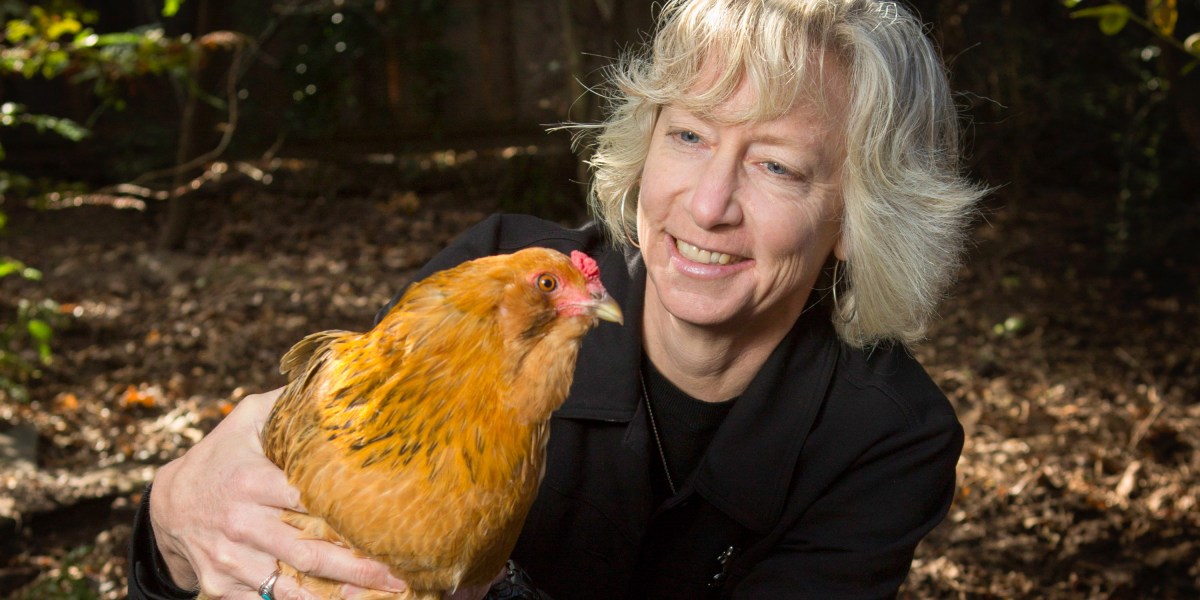In a current venture undertaken for the Colombian authorities, for example, the Pure Capital Challenge assisted in establishing a conservation plan for the Caribbean Gulf of Morrosquillo and its hinterlands. The area’s Rio Sinú is a necessary supply of ingesting water for a lot of downstream communities but additionally originates in an space that relies upon upon logging, ranching, and agriculture for its monetary safety. Utilizing InVEST, Day by day and her workforce have been in a position to decide the precise price of silt deposition within the river, notably for ingesting water and hydropower, and the worth of sustaining upstream forests that may forestall that congestion from occurring.
“We have been in a position to present that communities within the area have been benefiting from this forest in methods they hadn’t essentially realized,” says Lisa Mandle, lead scientist and director of science-software integration for the Pure Capital Challenge. “We are able to by no means seize the whole worth of a forest by way of cultural and non secular values and even biodiversity, however we will say that it has measurable financial values throughout dimensions that haven’t been thought-about earlier than.”
And that, says Mandle, has created highly effective incentives for the Colombian authorities to consider methods to assist the communities inside that essential forest.
An analogous method, additionally crafted by the Pure Capital Challenge, helps international locations decide their gross ecosystem product, or GEP. Modeled after the gross home product, the GEP index permits nations to find out the financial worth of their ecological programs. Day by day and her workforce piloted this index in 2014 on each municipal and nationwide scales in China, and it was adopted by the United Nations Statistical Fee in 2021.
“Simply because the Nice Despair uncovered the pressing want for higher macroeconomic efficiency metrics, our present ‘Nice Degradation’ of pure capital is making it crucial that we monitor ecological efficiency and use that data to information investments in revitalization and regeneration,” says Day by day, who predicts that the GEP metric shall be employed globally throughout the subsequent decade.
Within the meantime, she and her workforce are devoted to streamlining their ecological assessments in a method that makes the ultimate evaluation and visualization simpler for political leaders, buyers, and native communities to make use of. Making that data extra accessible, she says, shall be essential for fostering a cultural shift towards recognizing humanity’s dependence upon the biosphere.
In some ways, this concept of codifying the worth of nature has been 30 years within the making. And it couldn’t have turn out to be actuality with out Day by day’s imaginative and prescient, says Qingfeng Zhang, a senior director on the Asian Growth Financial institution, which now features a Pure Capital Lab impressed and supported by the Stanford venture. This initiative, which was launched in 2020, created a platform for the financial institution to advertise sustainable finance with the assistance of instruments that Day by day and her workforce developed.
“Gretchen’s work within the space of environmental science and its implications for public coverage has been monumental,” says Zhang. “Her InVEST mannequin and GEP idea are remodeling the way in which governments, companies, and civil society take a look at nature. We now have a tangible financial foundation to spend money on defending and rising nature.”
Kathryn Miles is a journalist and the writer of 5 books together with, most not too long ago, Trailed: One Girl’s Quest to Clear up the Shenandoah Murders.

